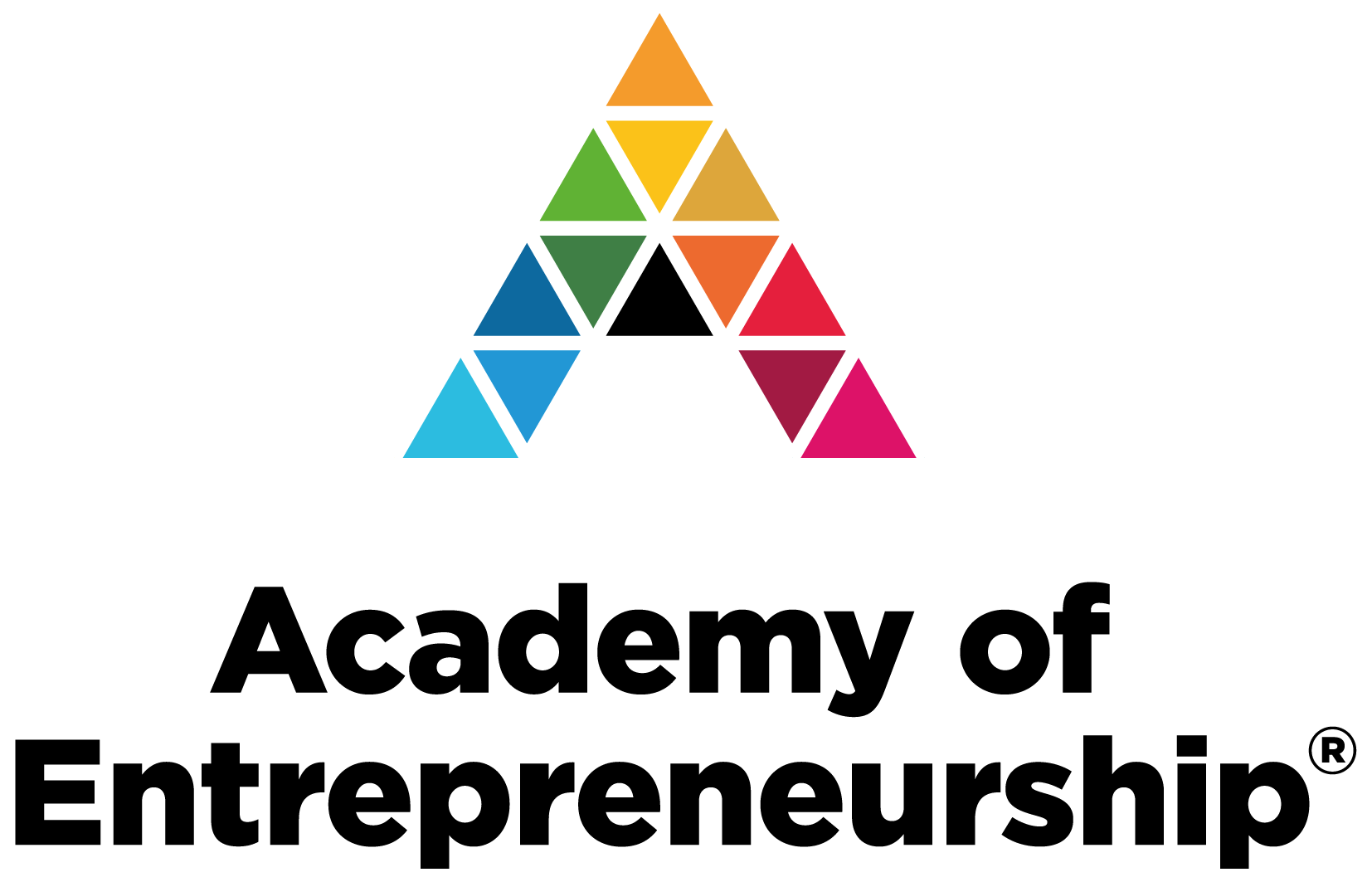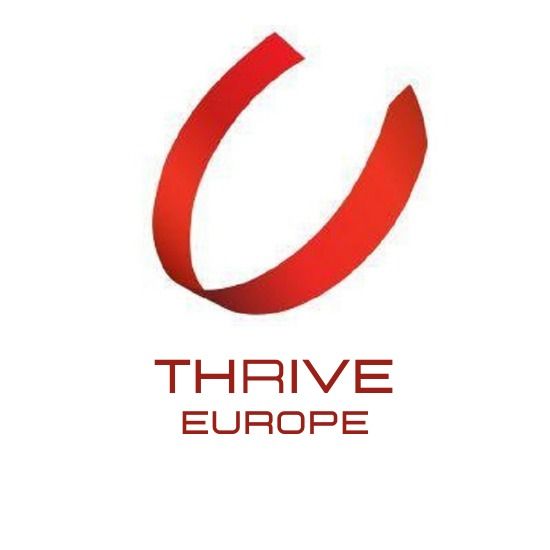CINEFORUM
The CINE-forum project aims to use movies as a tool for non-formal
education to raise awareness about various social and environmental topics
through cinema and debate activities. The project has two main objectives: to
promote the film as a non-formal education tool for educators to stimulate
adults' thinking about selected topics, encouraging them to take action to
benefit their communities. By using movies as a new educational tool, the
project will create new learning opportunities for citizens of all ages, making
film-based education an exciting concept. The project aims to produce a more
inclusive and sustainable society, tackling social discrimination, diversity
and environmental degradation and encouraging citizens to take action to create
equitable and responsive communities.
Write your awesome label here.

ABOUT CINEFORUM
The CINE-forum project aims to use movies as a tool for non-formal education to raise awareness about various social and environmental topics through cinema and debate activities.
The project has two main objectives: to promote the film as a non-formal education tool for educators to stimulate adults' thinking about selected topics, encouraging them to take action to benefit their communities.
The project has two main objectives: to promote the film as a non-formal education tool for educators to stimulate adults' thinking about selected topics, encouraging them to take action to benefit their communities.





